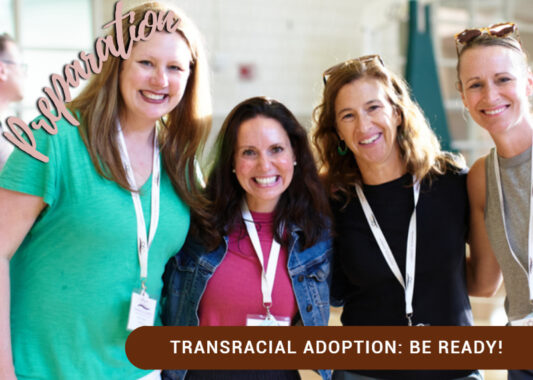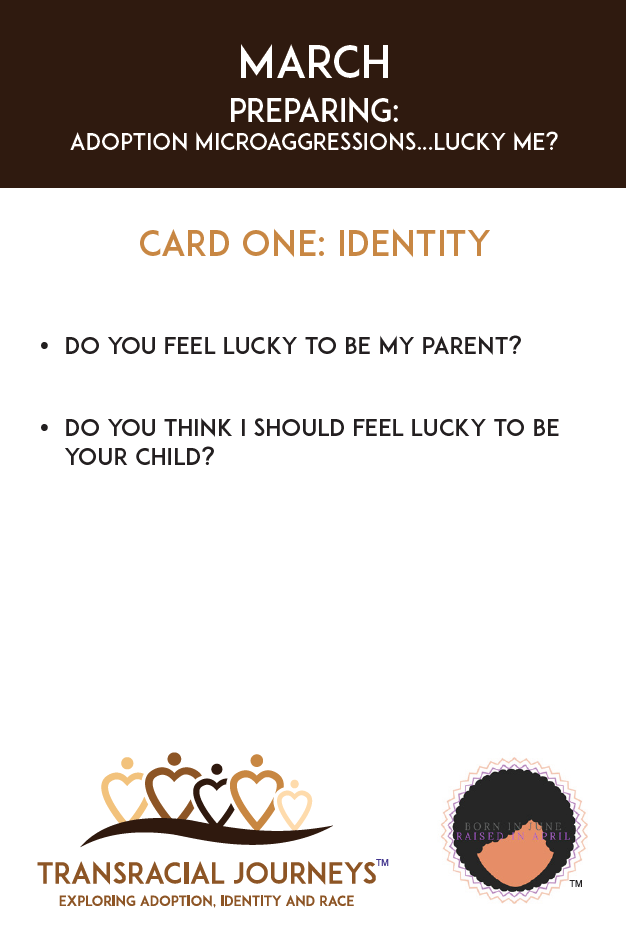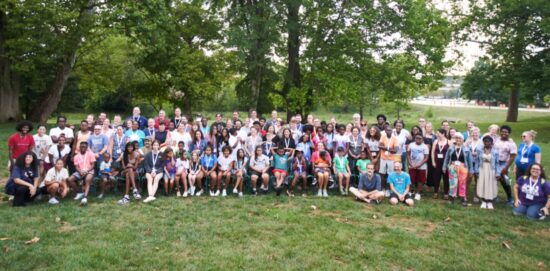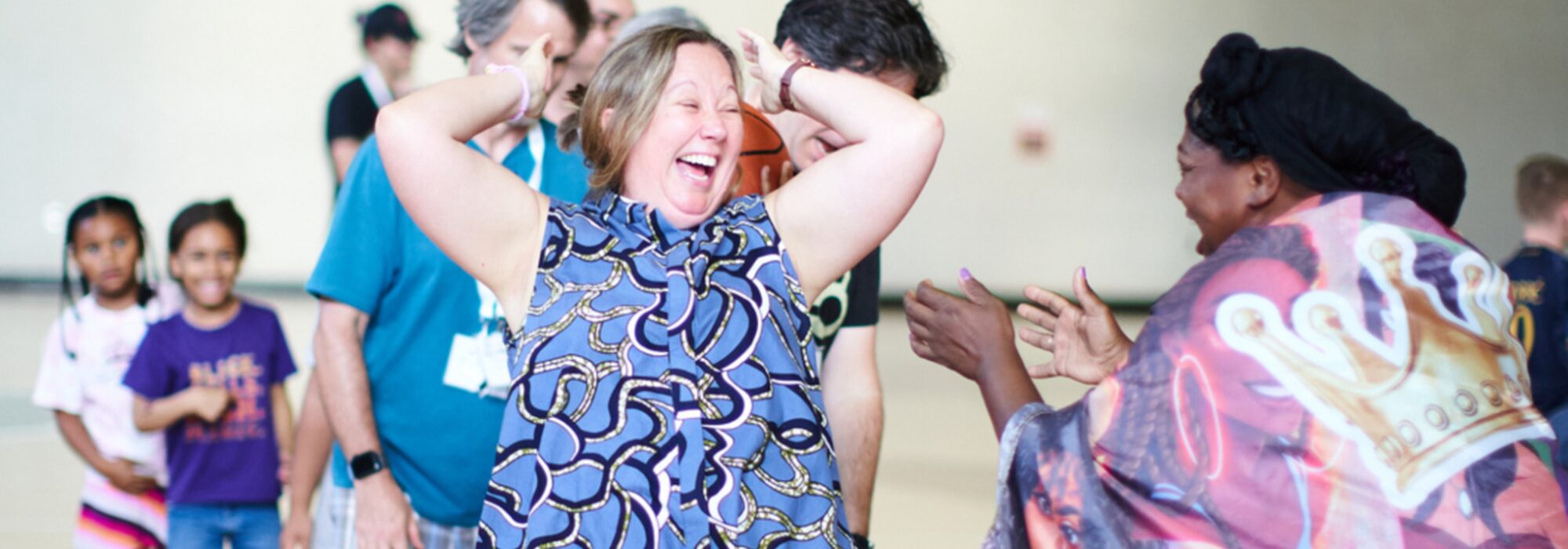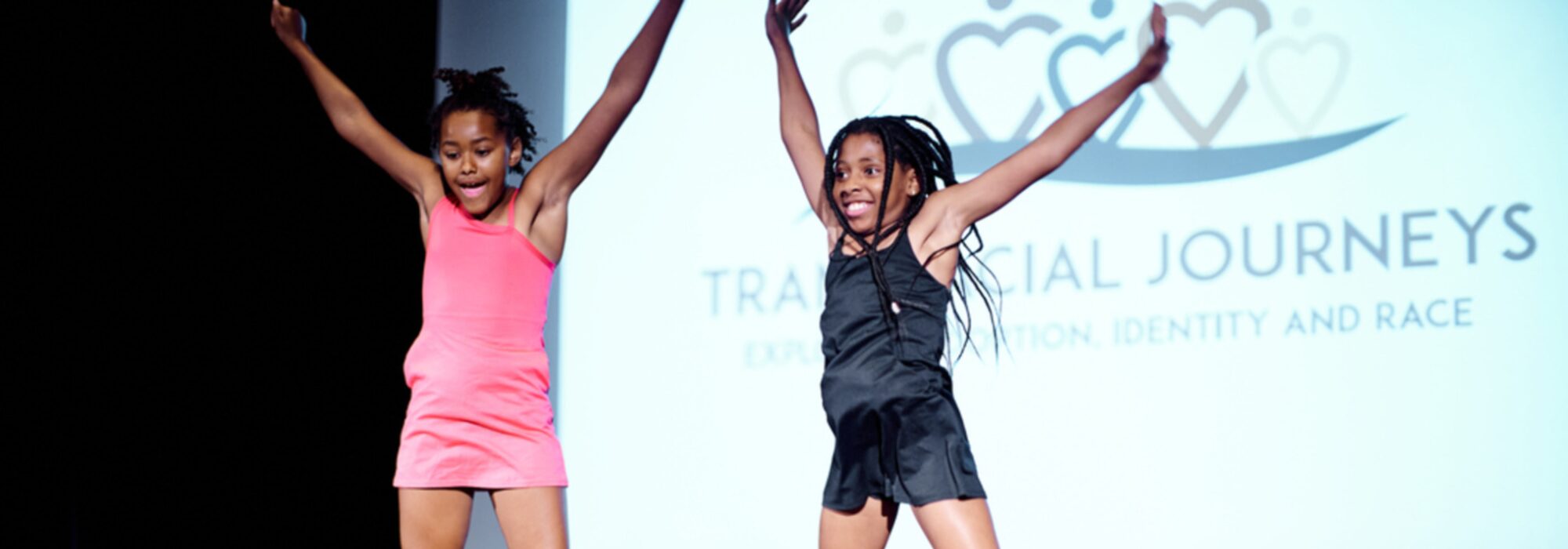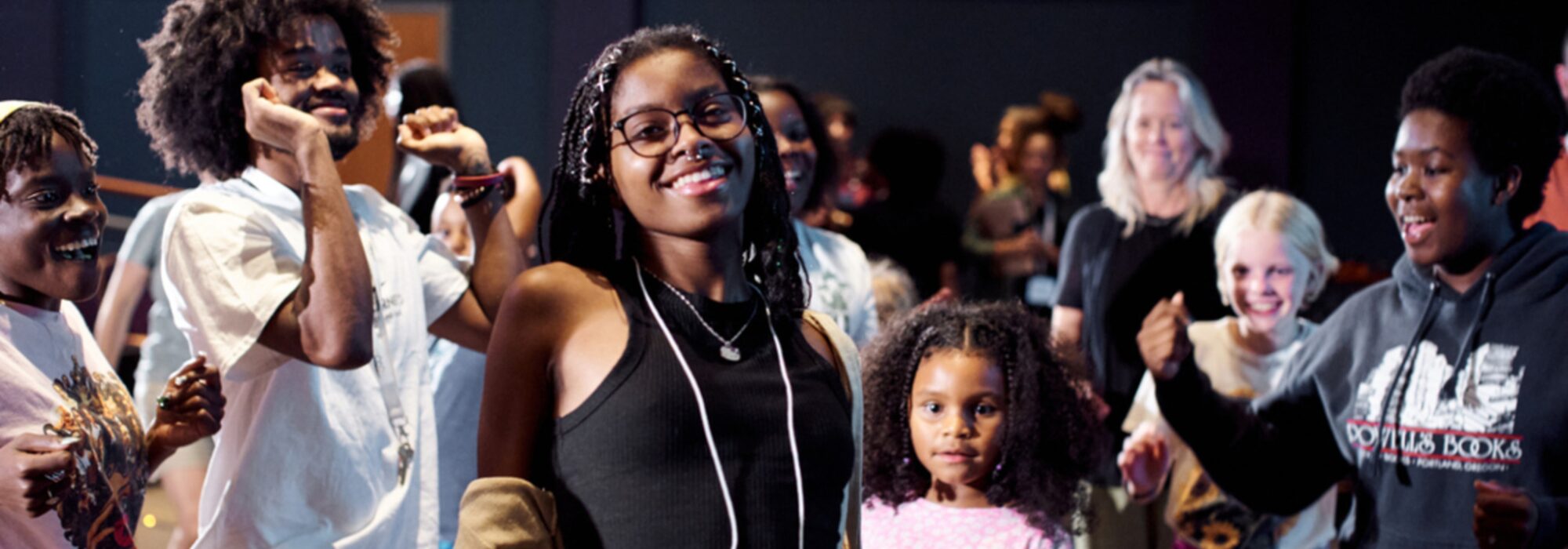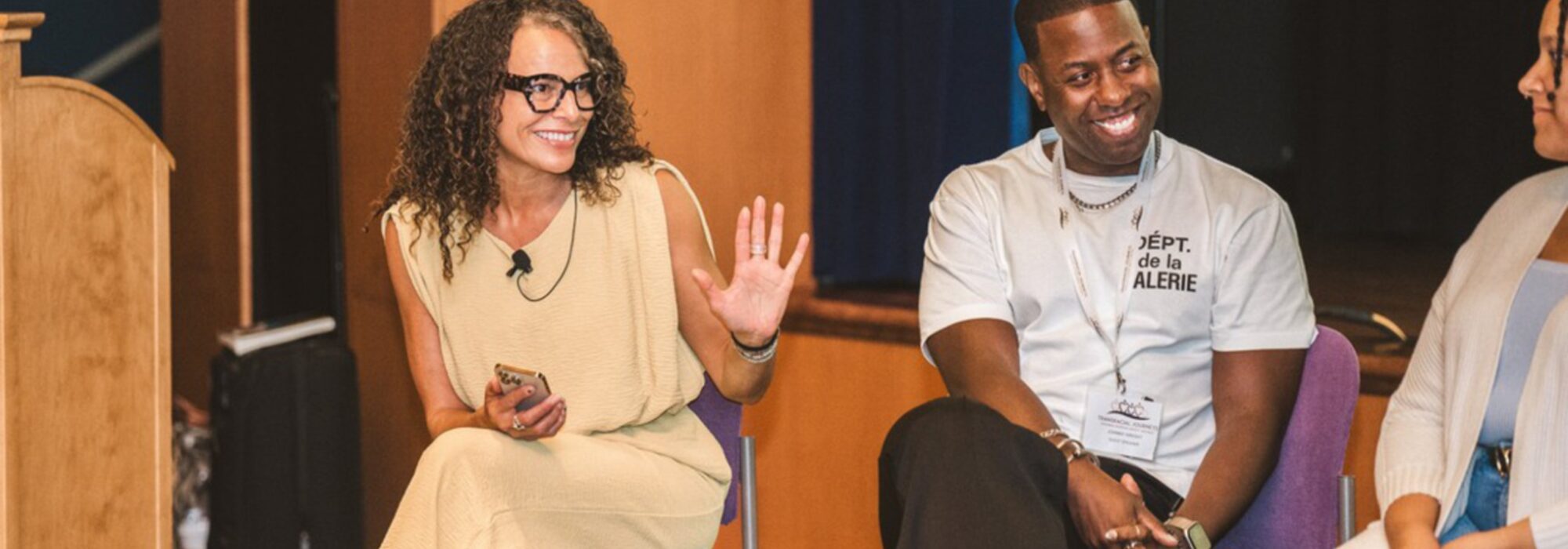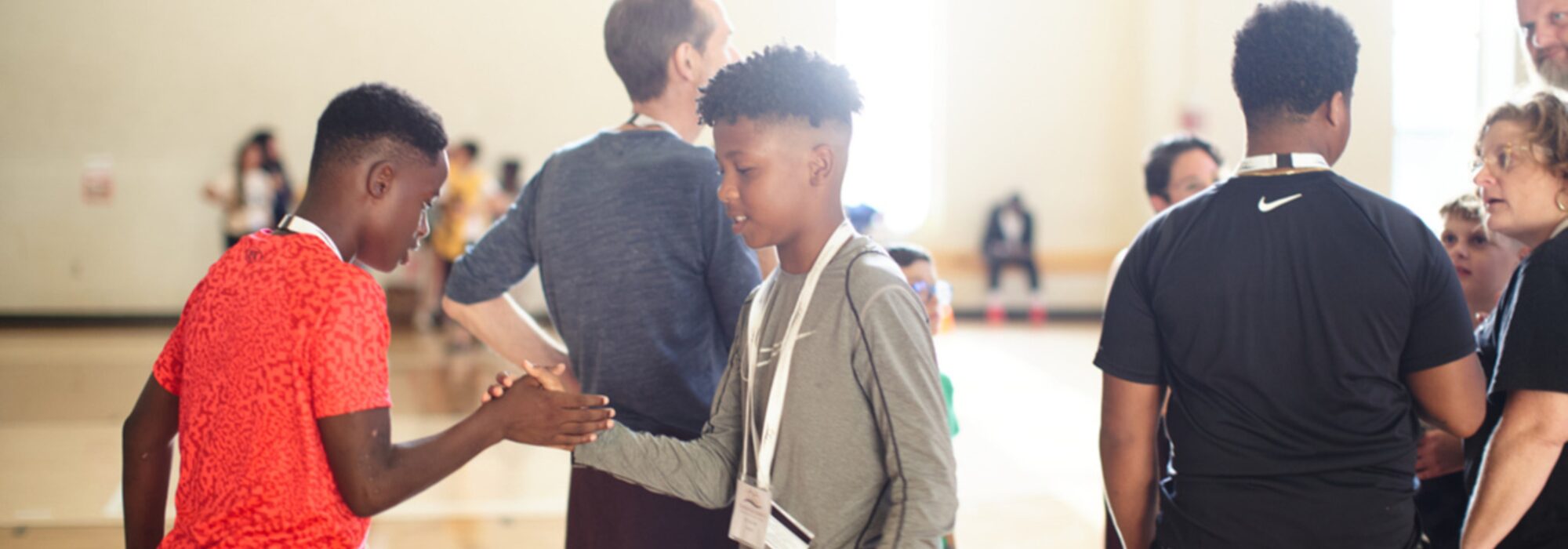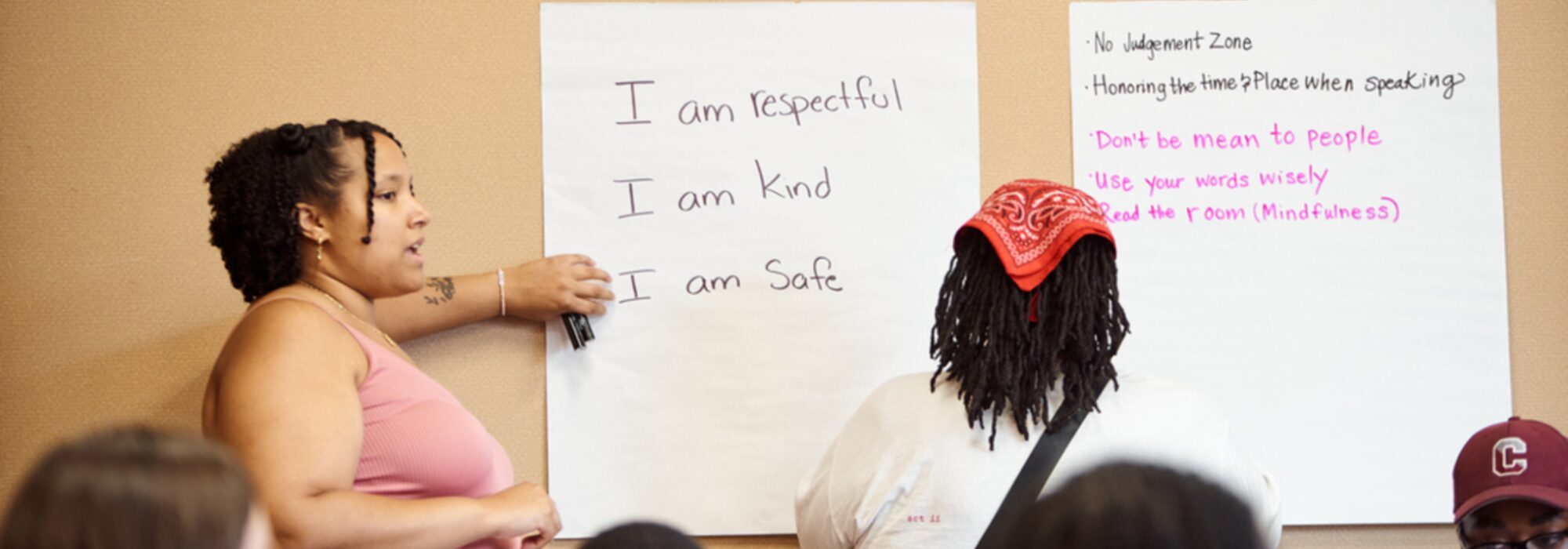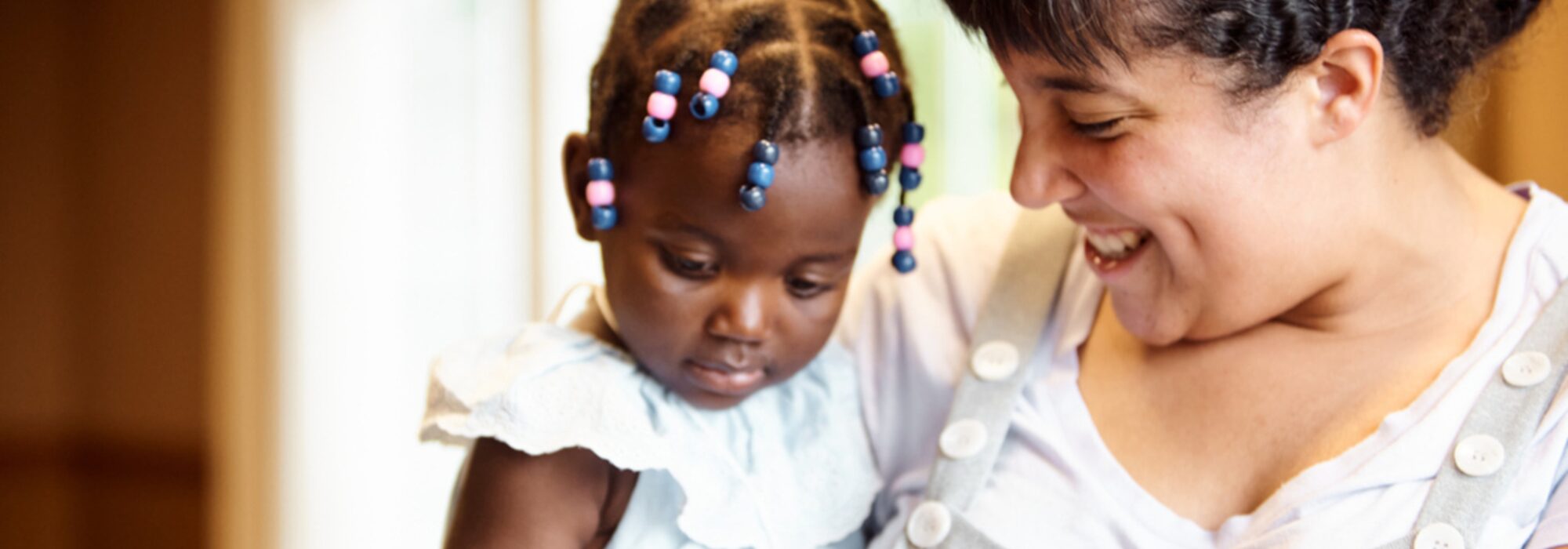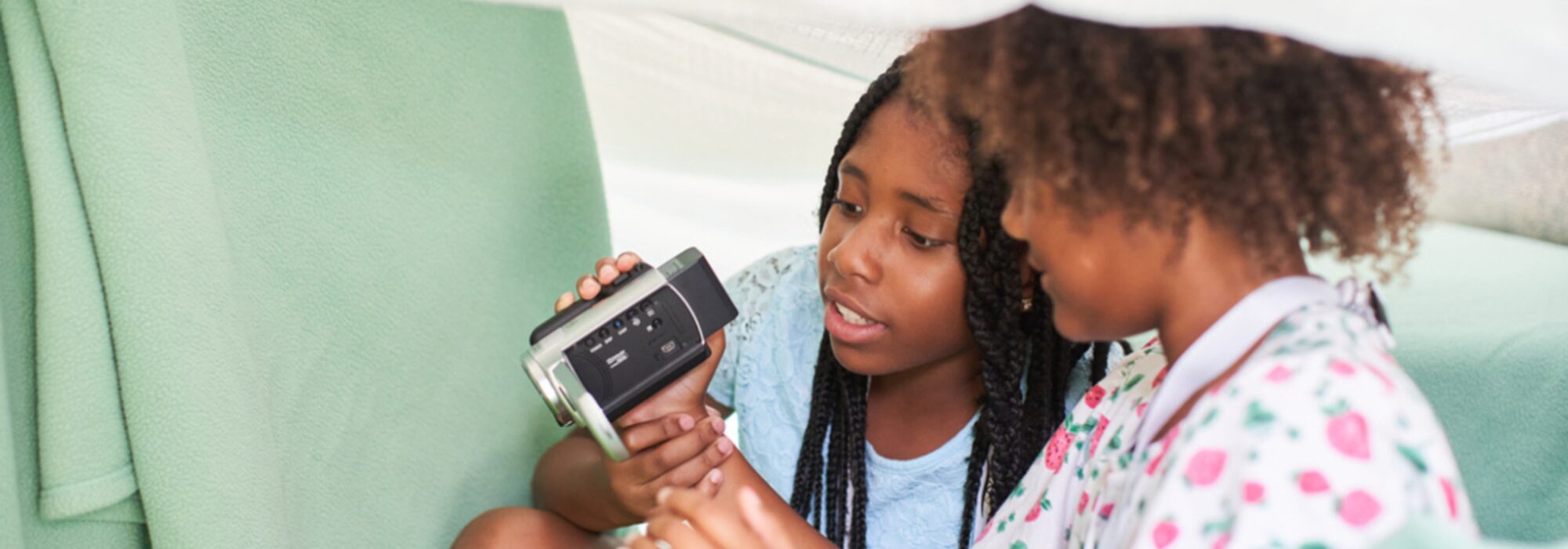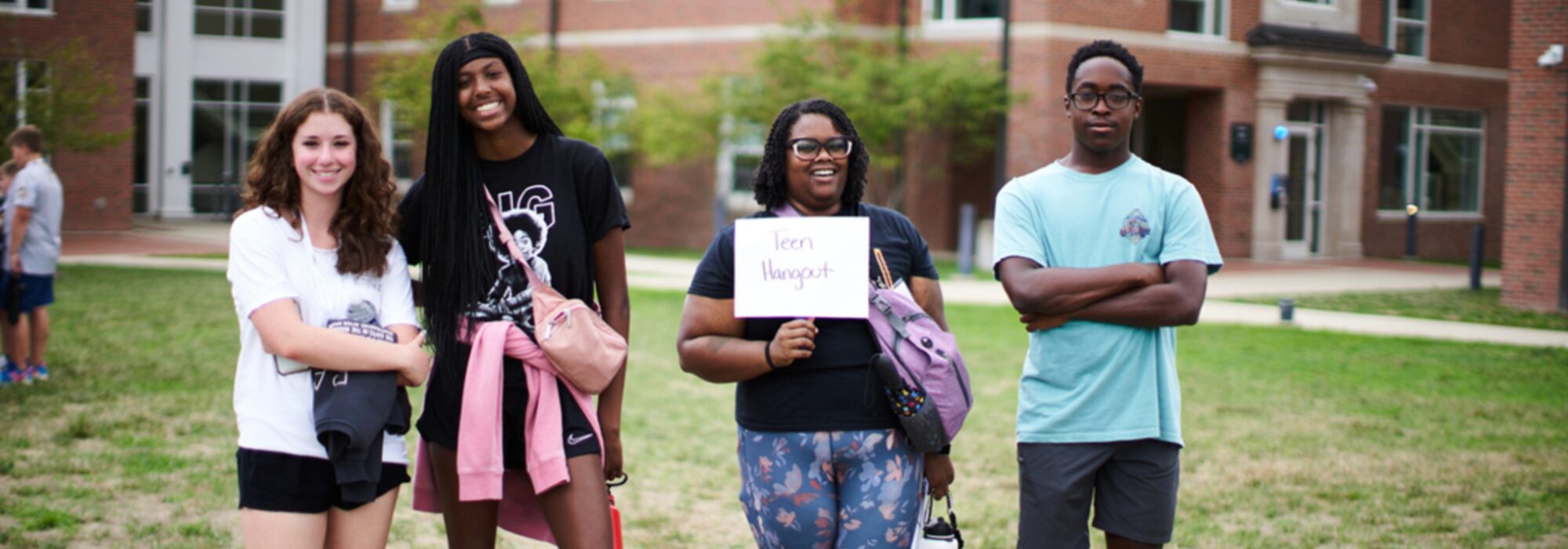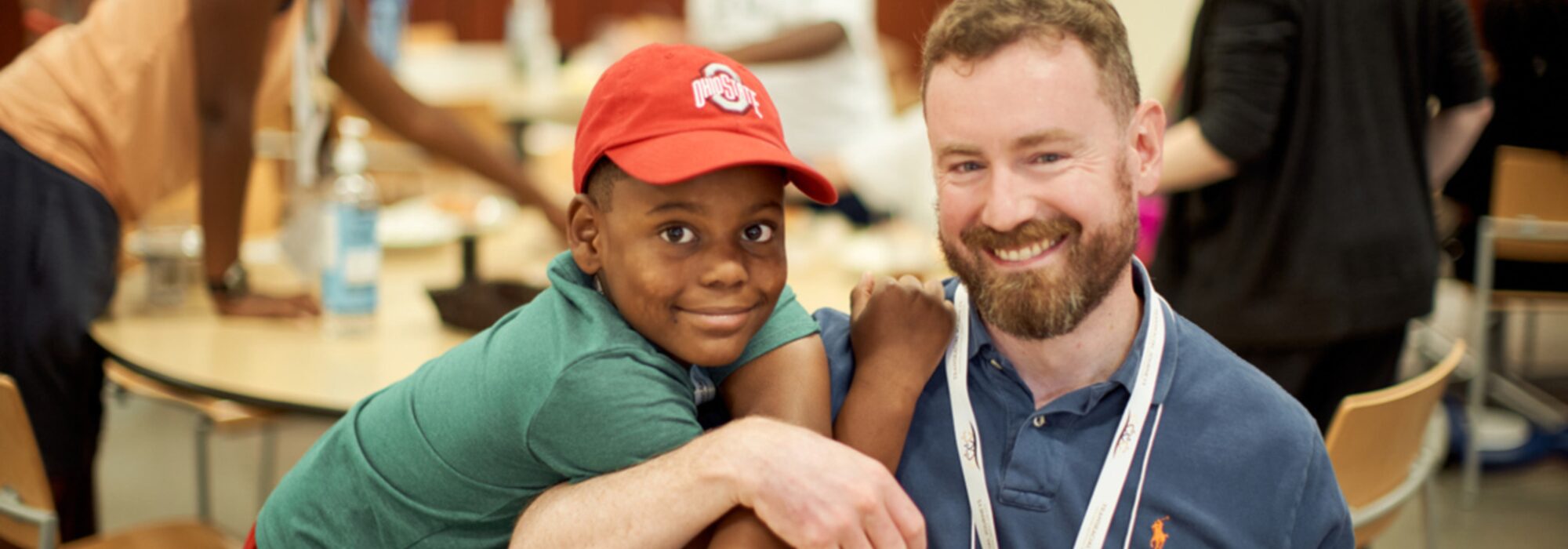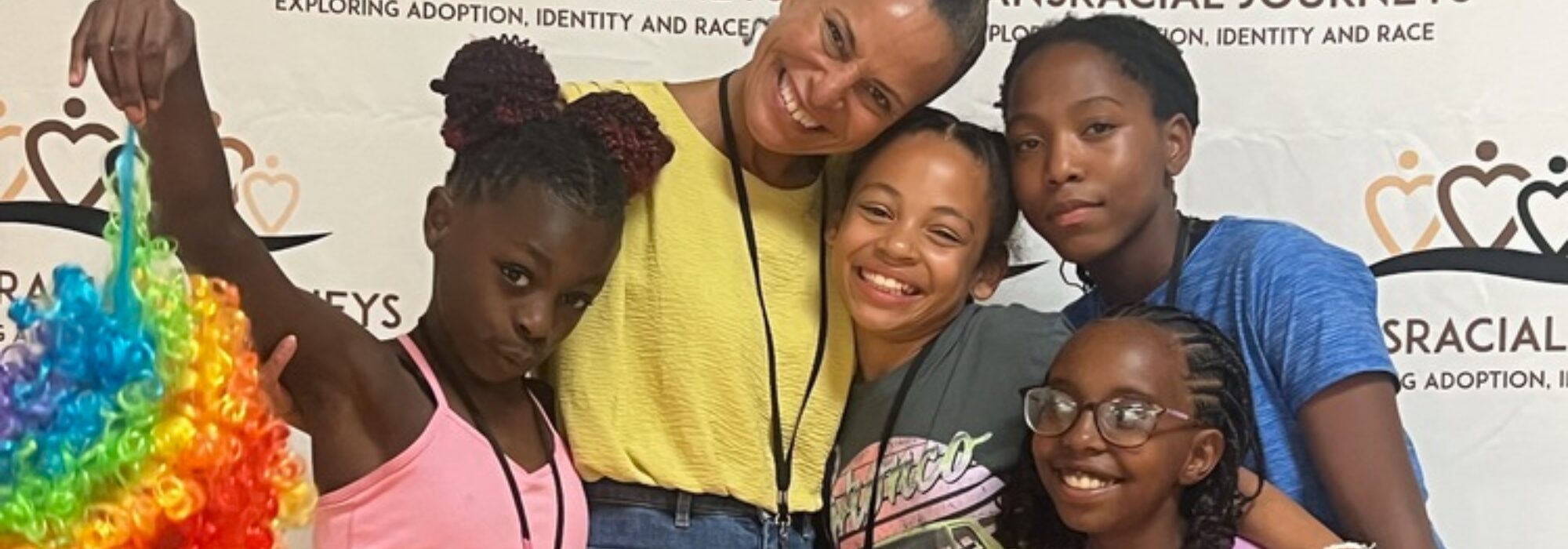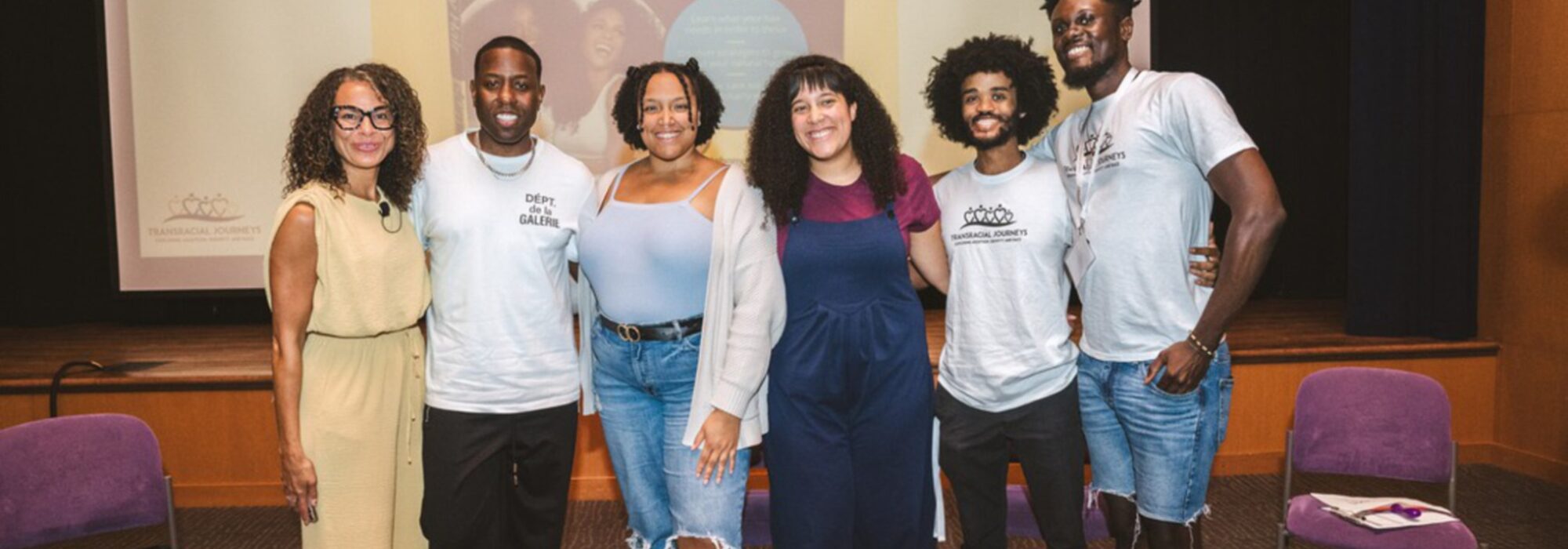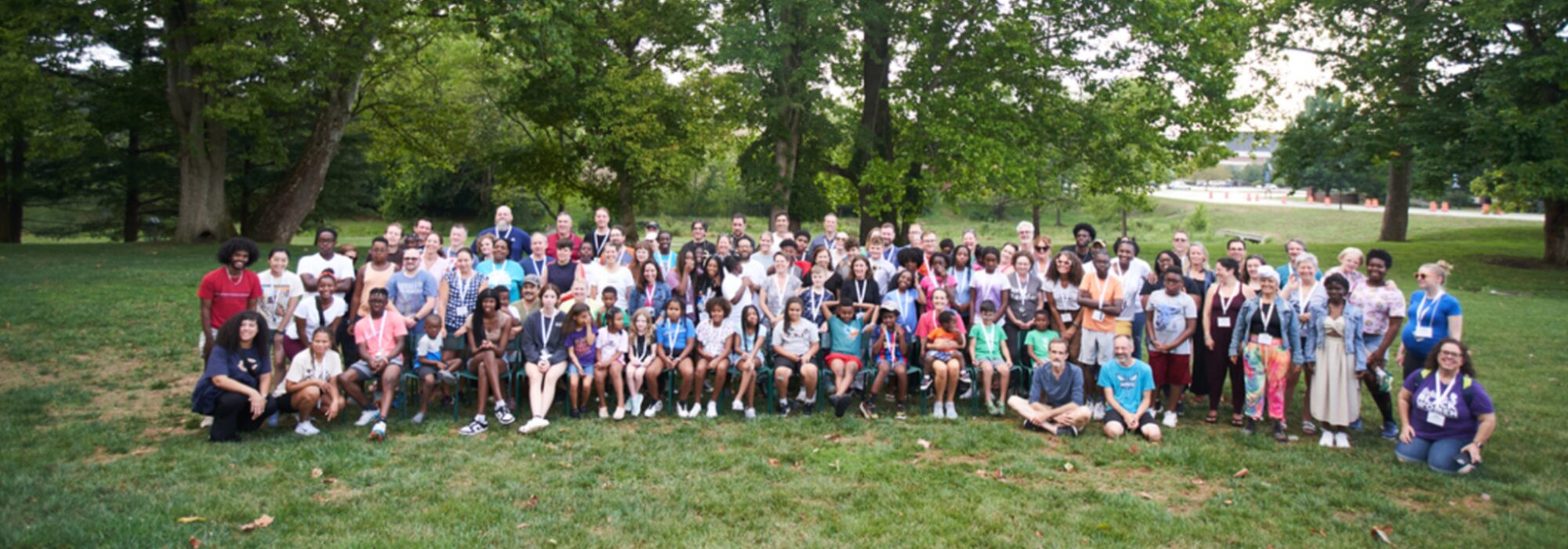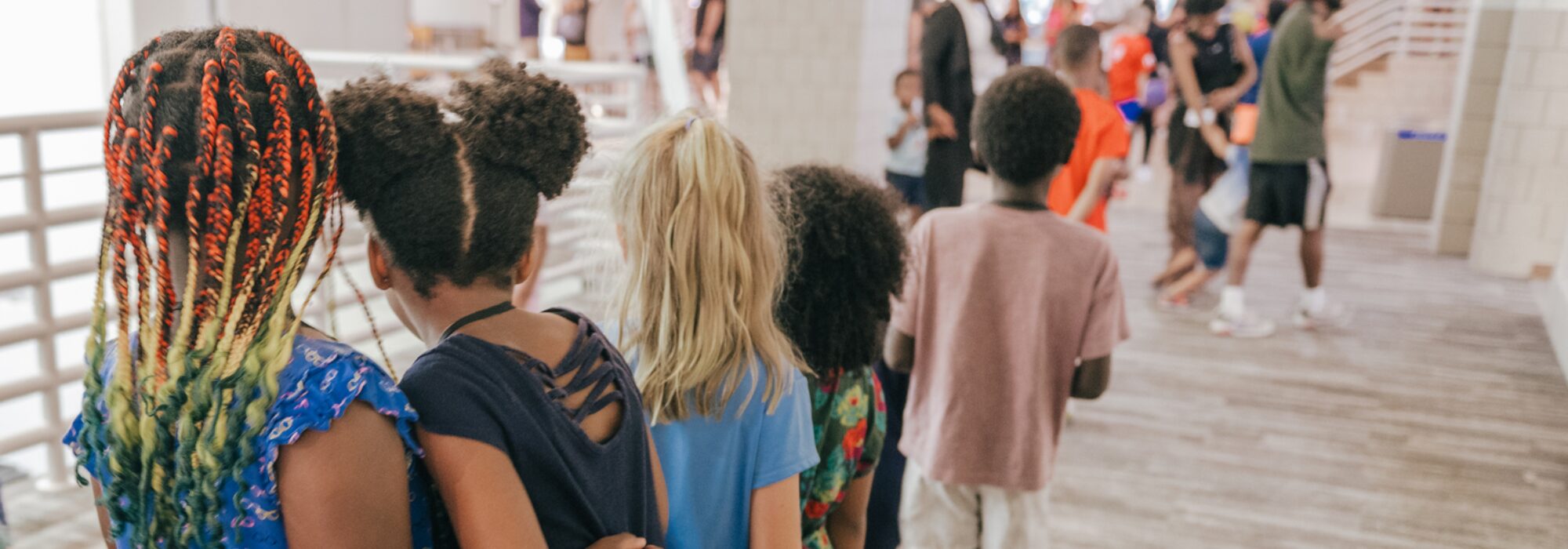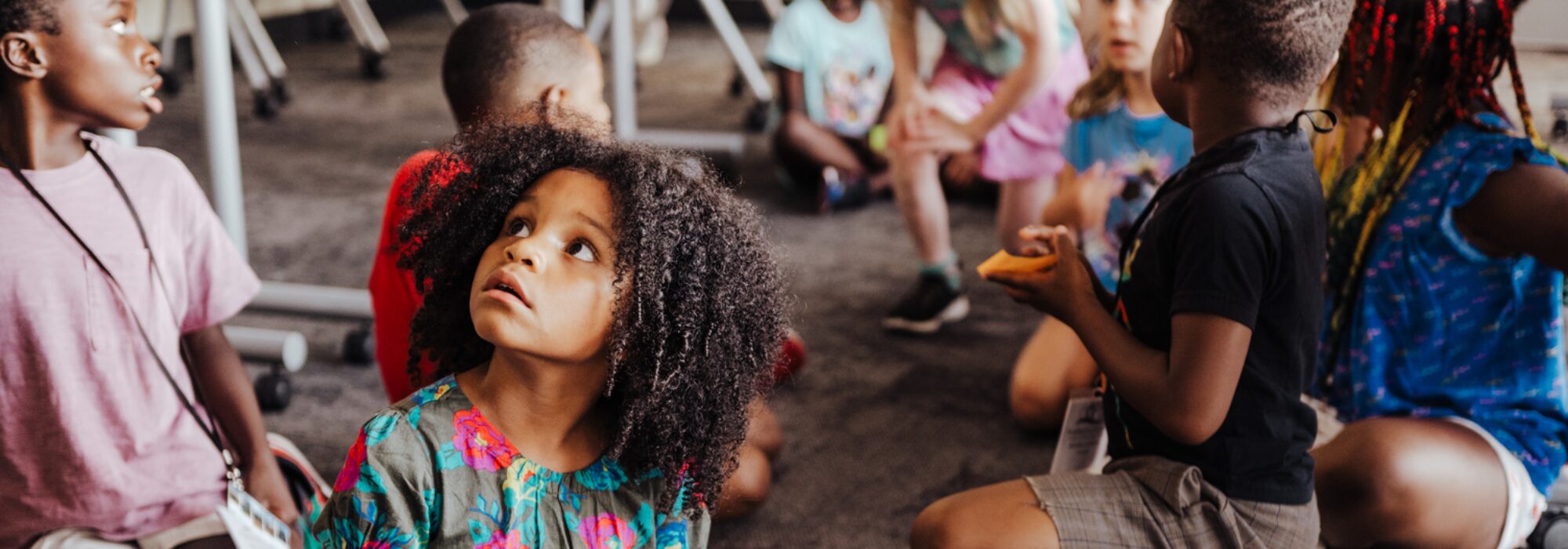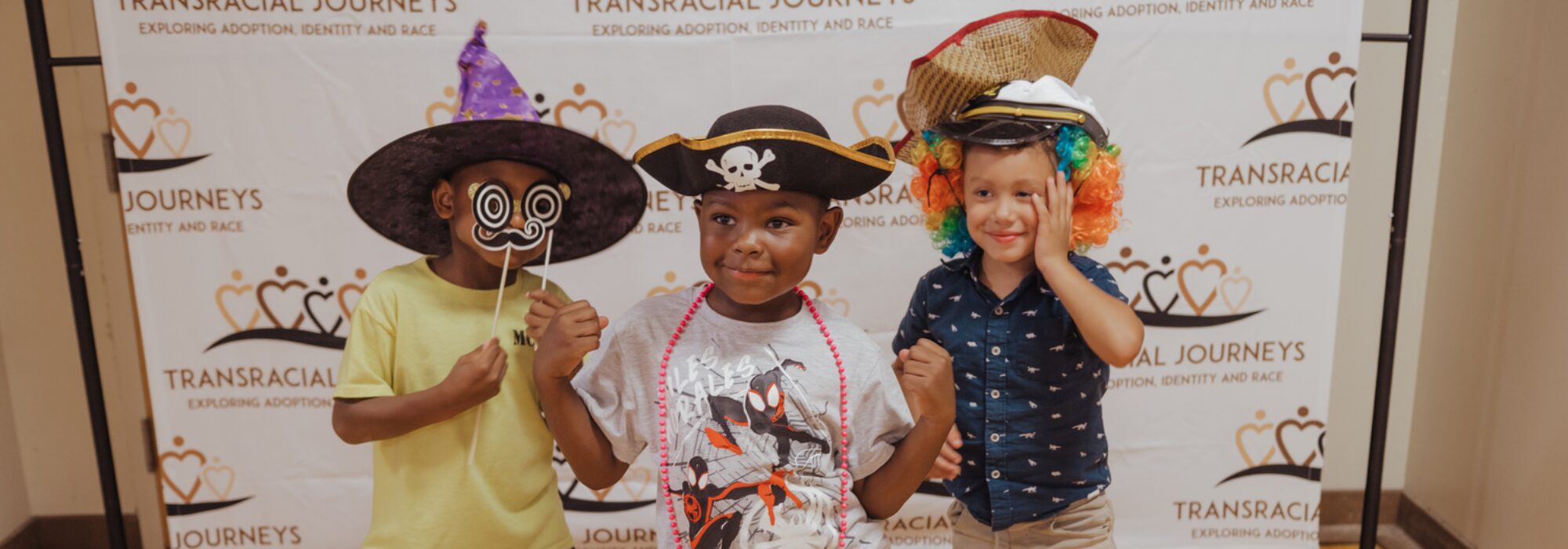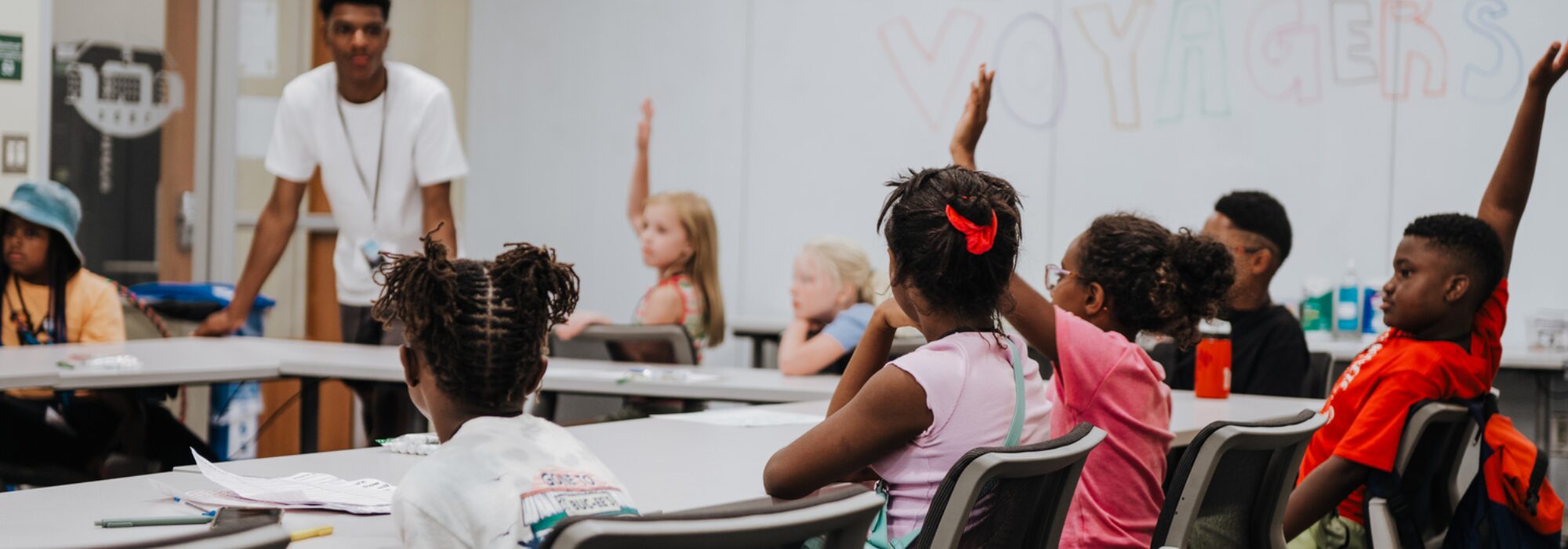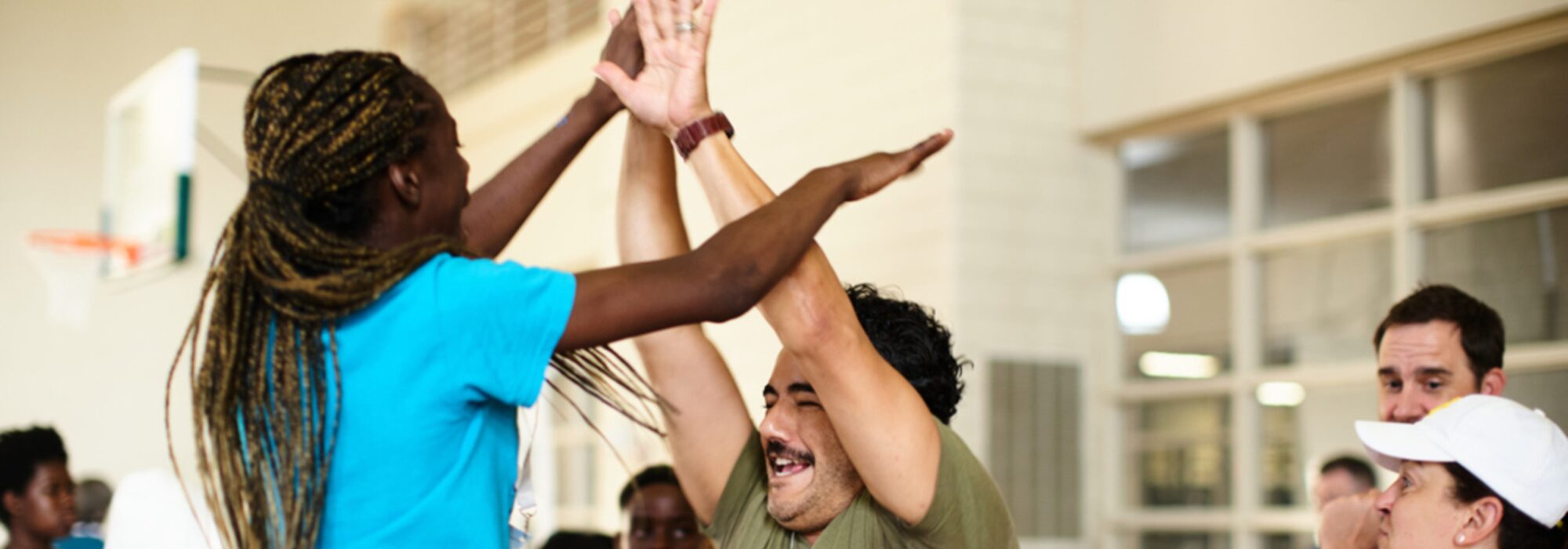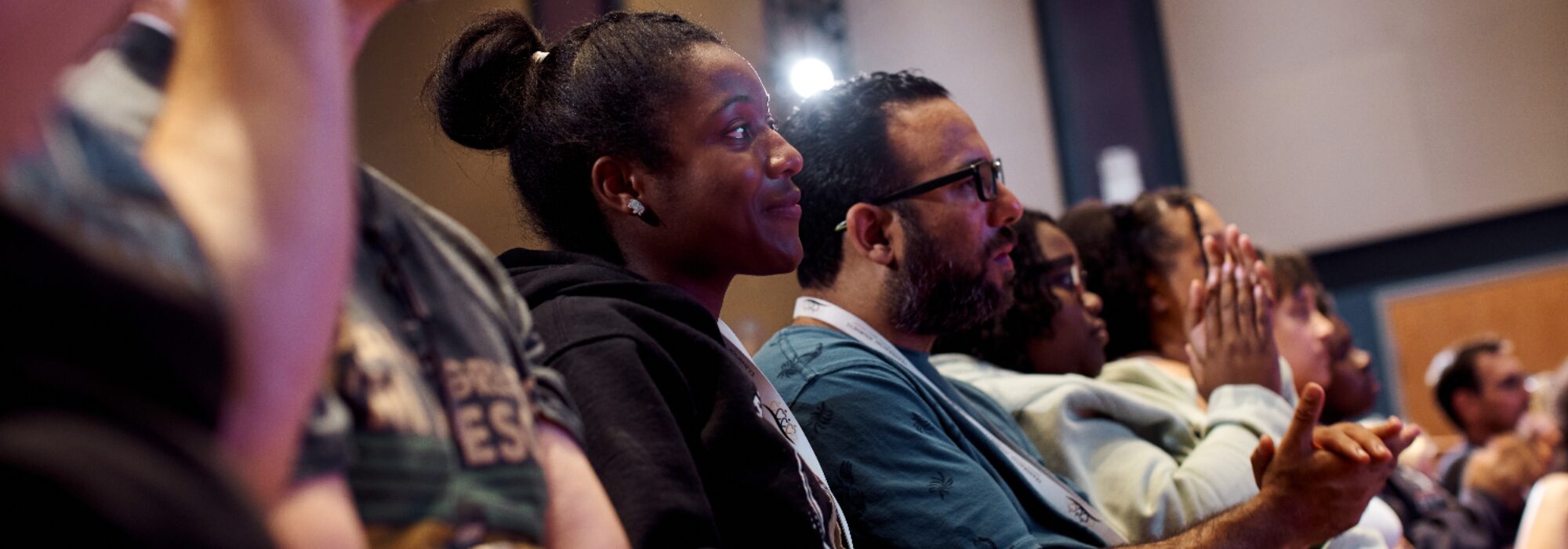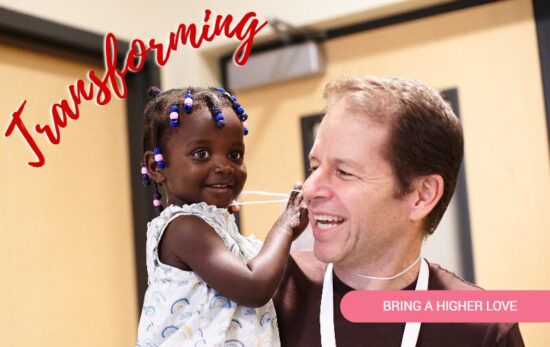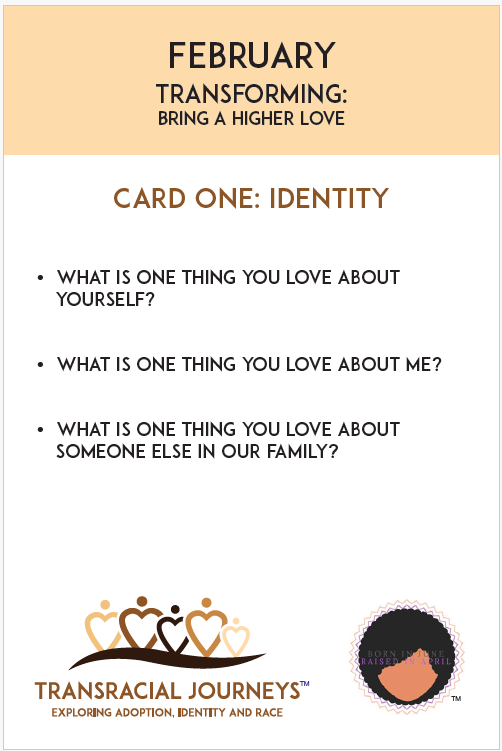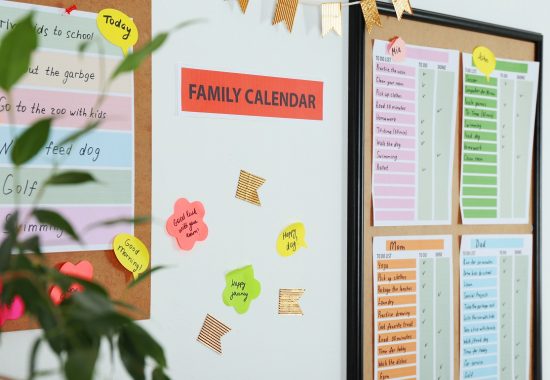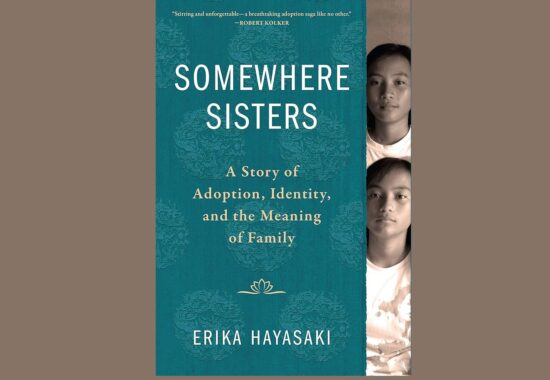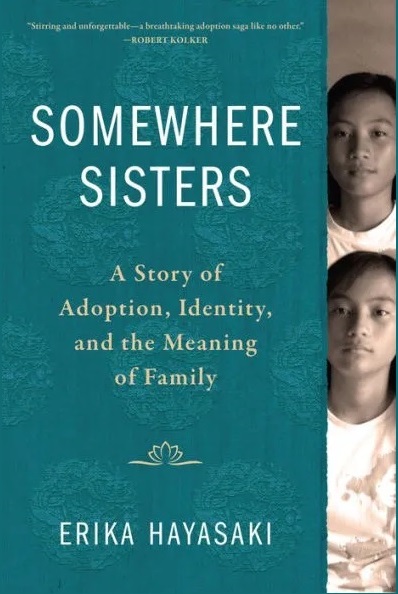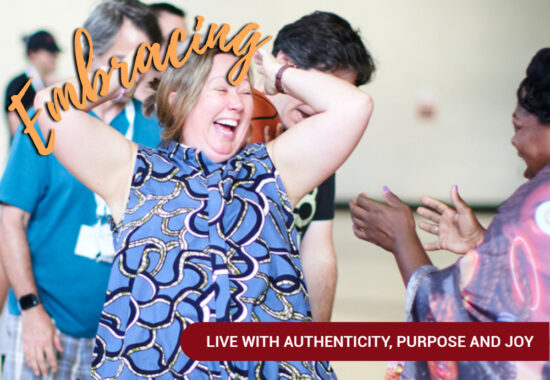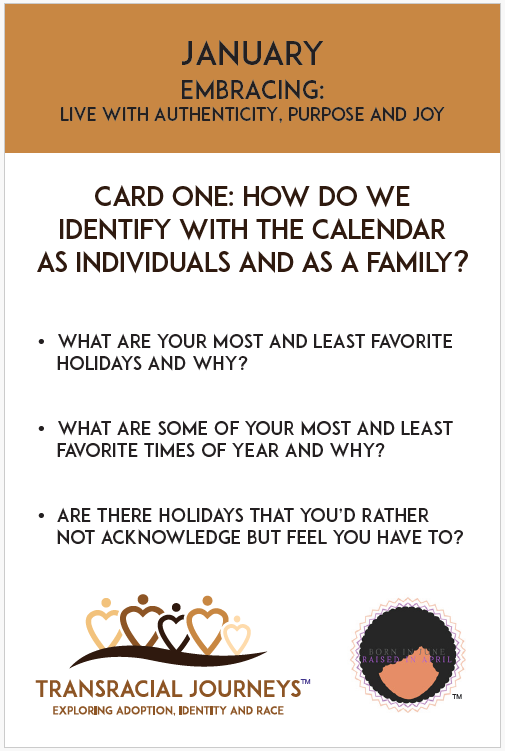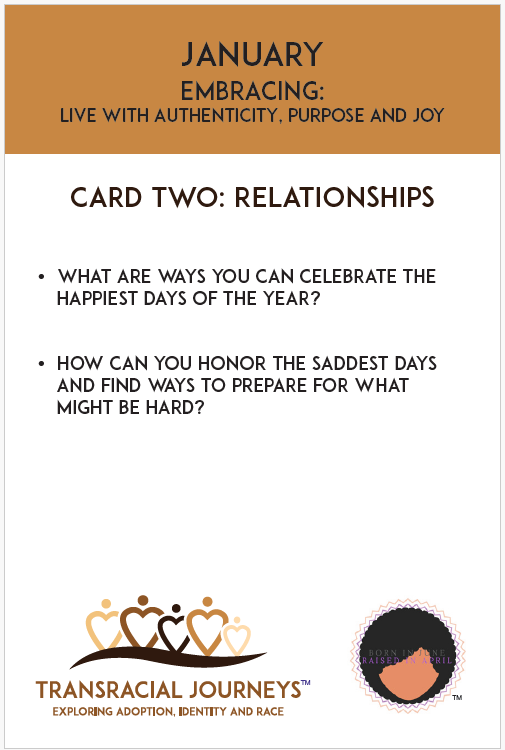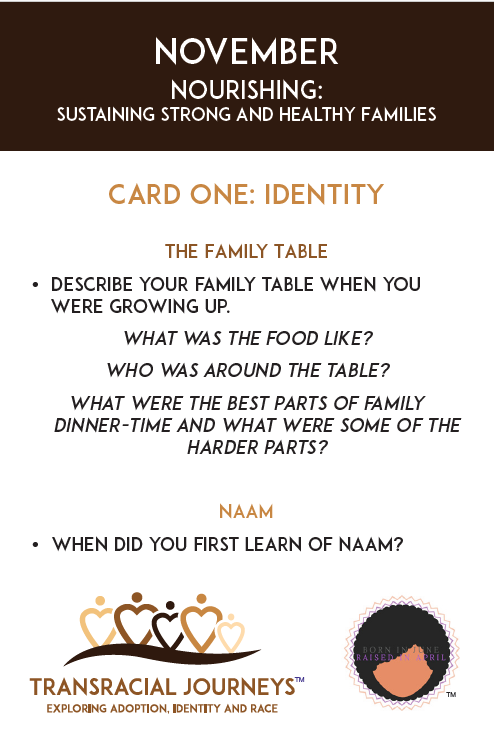By April Dinwoodie
I couldn’t sleep. Something was nagging at me. Yes, there were work deadlines looming and the mundane tasks of life left undone. But this was different—a heavier weight, a quiet ache pressing on my spirit that I couldn't quite name. I lay awake, restless, cataloging every possible reason for my sadness. No upcoming anniversaries or events came to mind, nothing obvious to explain this depth of melancholy. Eventually, exhausted, I drifted off in the early hours, only to wake feeling spent and blurry-eyed.
As I scrolled through social media that morning, there it was. The anniversary of my mother of origin’s passing. In that moment, I was reminded of how the body keeps the score and how social media can actually help get an adopted person in sync with family of origin after years of separation.
I had only been in reunion for a few years and had yet to fully sync my calendar with the significant dates connected to my family of origin. While I hadn’t committed the exact dates of my relatives’ births and deaths to functional memory, my body and spirit knew. They remembered. The grief lived there, even when my mind hadn’t caught up. I wept reading the heartfelt tributes others shared about my mother of origin—words of love, loss, and remembrance. I wept because I missed her too, trying to hold onto her memory while also letting her go, all within the same breath.
In that raw moment, I needed grounding. I called my mom—the one who raised me. As we talked, I shared how restless my night had been, how my heart felt unsettled. Before I could explain, she interrupted to share that she hadn’t slept well either. I was struck once again by nature and nurture—and how deeply connected I am to both the mother I was born to and the one who raised me.
I share this personal experience because it’s important that parents today hear how deeply integrated and connected adopted persons can be with family of origin even across generations and even when they are not in relationship with them. While adopted persons are embedded into families through adoption they can never be fully disconnected from the families they are born to and the ones with whom they share genetics and intergenerational imprints.
The start of a new year offers us a powerful opportunity—to reimagine the calendar as more than a tool for appointments and to-do lists. For those connected in adoption, the calendar holds profound layers. It can serve as a mirror, reflecting both joy and pain, celebration and loss, connection and separation. It invites us to honor the fullness of our experiences, the both/and of life.
In adoption, the milestones we mark—and those we overlook—shape our realities and our memories. Beyond traditional holidays and birthdays, there are deeper dates to consider: placement anniversaries, court dates, family reunions, and days inflicted with violence and/or deep pain. Some dates are joyous, others carry grief. And often, those emotions coexist.
As we step into a new year, I encourage families—especially those navigating adoption and cultural differences—to curate their calendars with intention. Here are some ways to do that:
Tips for Parents: Honoring Complexity
- Intentionally Integrate Adoption into the Calendar: Take time to consider what information about a child’s family of origin you have access to. Reflect on whether you have the context for significant dates that may be emotionally difficult for the child entrusted to you. Find balanced and thoughtful ways to ask questions of family of origin. If there is little or no information or contact, consider reaching out to the professionals who facilitated the adoption to see what more they can uncover. If those professionals cannot be engaged, explore other ways to gain knowledge. Gathering as much factual information as possible helps create a fuller picture of a child's life before they were with you.
- Create Space for Reflection and Grief: Acknowledge that some dates might be bittersweet, or emotionally complex. First you need to identify and process your feelings and emotions in order to get grounded to help make this healing space for the children entrusted to you.
- Stay Attuned to Unspoken Grief: Sometimes, children feel emotional around significant dates without fully understanding why. Hold space for those feelings and validate them without needing an explanation. Also, helping children to name the complexity and find language for the layered feelings early on can be transformational.
- Mark Significant Dates Beyond the Obvious: Include adoption milestones, biological family birthdays and anniversaries, and personal reflection days. Allow space to honor both joy and complexity.
In addition to leveraging the calendar to be proactive in holding space for complexity, we can also use the calendar to explore cultural heritage. Opening space to integrate new elements of celebration and commemoration can expand your family’s relationship with the calendar and with one another. Being culturally curious and authentically interested in a child’s heritage and leading the way with joy will show children you are genuine in your interest in things that are connected to them.
Tips for Parents: Honoring Cultural Heritage
- Embrace Cultural Celebrations Together: Explore holidays from a child's culture of origin and celebrate them as a family. Use these moments as teaching opportunities while centering cultural connections.
- Share Stories Behind the Dates: When observing special days, share the stories behind them. Help your child understand both the history and emotional layers connected to these moments.
- Personalize Family Traditions: Blend traditions from both birth and adoptive families to create meaningful, inclusive rituals that honor the fullness of your child’s identity.
- Revisit and Evolve the Calendar Annually: As children grow, their understanding of identity and belonging shifts. Keep an open dialogue about which dates feel important and be willing to adjust.
The calendar can be a profound tool for healing, learning, and connecting. It reminds us that a lot of things can be true at the same time—joy and loss, gratitude and longing, belonging and searching. As we enter this new year, may we all find ways to honor the fullness of our experiences, making space for all of our many layers of our lives.



